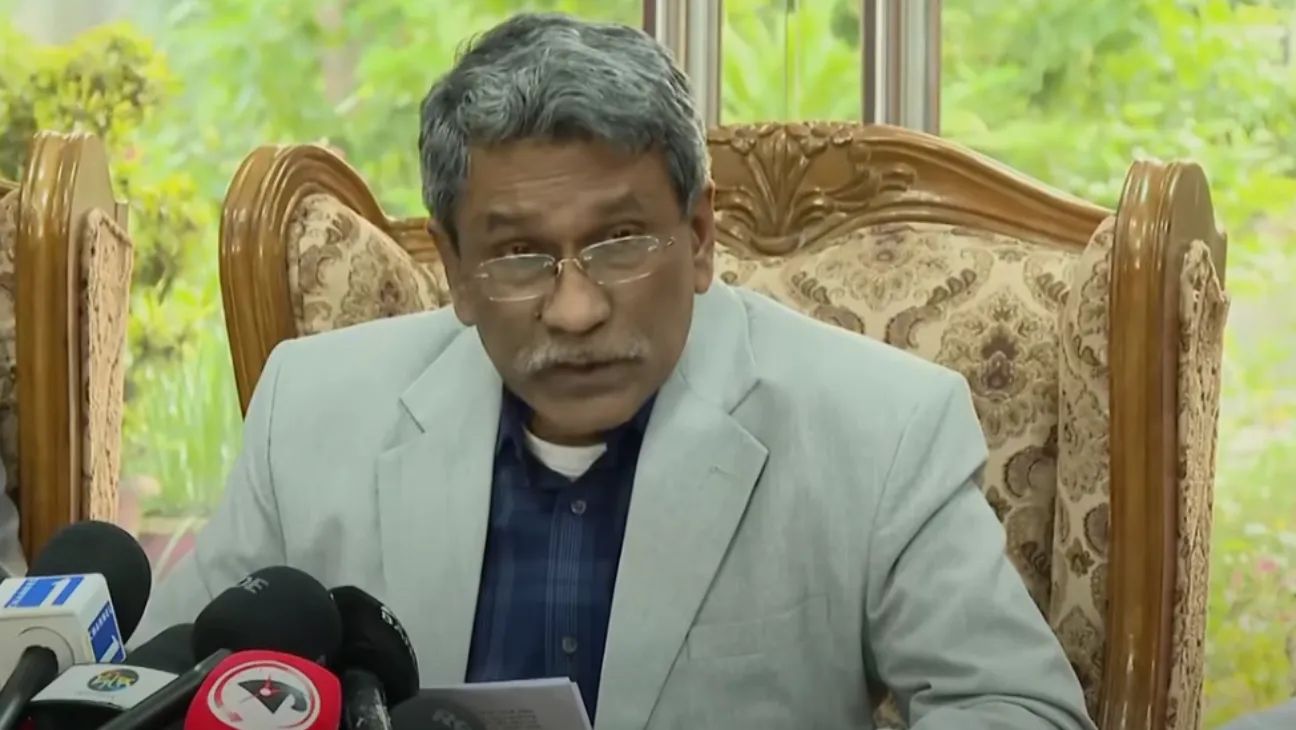The process for forming a caretaker government in Bangladesh moved a step closer to resolution, as political parties reached near consensus on most of the procedures surrounding the appointment of its chief adviser.
Speaking to the press on Sunday after the 15th day of second-phase talks, Professor Dr Ali Riaz, Vice-Chairman of the National Consensus Commission, shared updates on the ongoing dialogue. The meeting was held at the Foreign Service Academy.
“We have presented a revised and unified proposal to all parties,” Riaz said. “It outlines in detail the procedures for appointing the chief adviser of the caretaker government.”
He noted that while not every detail has been finalized, most elements of the proposal have been accepted by participating parties. “There’s broad agreement on the main points,” he added.
Decision Expected This Week
The commission plans to review the language and technical specifics of the draft and will consider feedback from political parties in the next round of meetings on Monday. A decision is expected Tuesday.
Riaz expressed confidence in completing the framework soon. “We believe this is achievable. Our goal is to finalize the July charter by the 31st, and the national charter before the end of this month,” he said. “The parties are on board with that target.”
Acknowledgment of Protesters and Victims
Earlier in the day, a human chain was formed in front of the academy by families of those injured or killed during the July uprising. They raised a three-point demand.
“We express our deep respect and solidarity with those families,” Riaz said, responding to their demonstration.
Background on the Commission’s Work
The National Consensus Commission began drafting the national charter on February 15. Since then, it has held multiple rounds of discussions with political parties to build agreement on key structural issues.
“Several matters have already been resolved,” Riaz said. “A few remain, but we are continuing dialogue to address those.”
With weeks of conversation behind them and deadlines fast approaching, the commission is pushing to complete the charter that could shape the next chapter in Bangladesh’s political transition.









